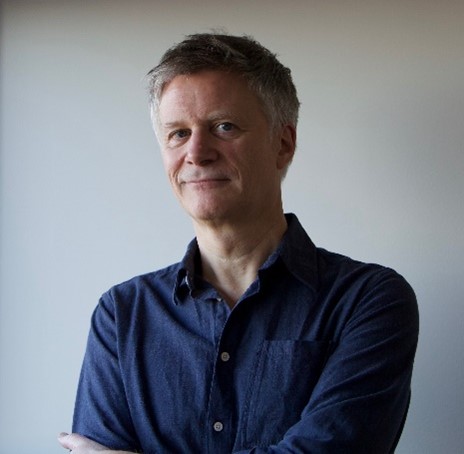Artistic research! Where are we today?
DOI: 10.32063/1007
Hans Knut Sveen
Associate professor, harpsichord (1995-2023) at the Grieg Academy, University of Bergen.
Questions
Question 6: What kind of shared knowledge does artistic research produce and (how) is it falsifiable?
Question 10: What can platforms such as Music & Practice do in order to help the development of artistic research?
by Hans Knut Sveen
Music & Practice, Volume 10
Enquête
Question 6
I play music.
Is playing music the same as making music? Funding institutions for music production separate the terms while the musical discourse moves, changes, removes or questions the difference.
I research.
When the research result appears as artistic expression it is fair to think that the research is artistic. When the activity results in knowledge and experience that can be shared with peers it is within reason to coin it as research. I am not a historian, even though I apply knowledge about historical playing techniques and instruments. I am not a physiologist, though I draw on information and experience from that field to solve technical issues in instrumental performance. Political governing and institutional anchoring have created an opportunity for artistic research to have a place in academia. And academics ‘accept’ demands that the research results are shared in the most relevant and recognizable manner – recognizable for peers and shareable across disciplines.
Viewed from the perspective of academic fields that are not artistically based, the shared and published research may seem to deviate from an established understanding of quality. Yet it is musical expression’s ability to evoke aesthetic experience, amazement and ideas which drive both musicians and musicologists to deal with it. Stepping away from a hierarchical and conservative music culture implies consideration and discussion rather than dictation and submission. Research is knowledge formation, either in the shape of new or applied knowledge in order to form new understanding – to apply knowledge within or in connection to artistic experience and practice builds knowledge and insight in the same way. Sharing one’s understanding with one’s peers and colleagues, or even across disciplines, builds knowledge.
When critics point to artistic research as a phenomenon that leads to the academization of the artistic field, it is worth listening to Nina Malterud’s reasoning that although artistic research does belong to art educational institutions, the results must concern the whole art field.[1] It is possible to claim that research activity within music always existed but that the statutorization within the education system strengthens its clarity and transparency, and consequently its applicability and sustainability. It is, nevertheless, impossible to categorically judge whether the results from research – artistic or not – in general carry a quality and relevance that make them attractive in both the cultural and educational life, and not only for the research groups producing them. The observable change in art educational practice, and the fact that artistic research is increasingly used there, indicates that research within the arts does play a developmental role. How much the culture of sharing research contributes to the changes within music and concert culture is hard to measure, but it is interesting to note that the developments in public concert life have elements in common with results in artistic research. For instance, the focus on performative settings, interpretational discourse and composer–performer issues has become increasingly encountered in concert and festival venues. The difference is eventually present in the way knowledge is shared and stored, or not. When the concert is over, the research is still there. The documentable qualities in an artistic process can be studied and considered.
As for the falsifiability of research, I would argue that verifiability and accountability are perhaps better ways to test and prove impact and relevance.
Question 10
There is an increasing number of peer reviewed publishing channels for artistic research. Further contributions to the field could possibly also include commentary and public review. Platforms which encourage response and discourse, both for specific disciplines and across disciplines, will support an ongoing development.
(Where would you like artistic research to be in 10 years?)
In 10 years, results from artistic research will play a larger role in education and research project design than they do now. Within music, the increasing interest in and need for insights in interpretation, performance and creation of music supports this view. Music education and development is no longer governed by the master–apprentice relationship, although knowledge and insight are still valuable trademarks of mastership.
Endnote
[1] Nina Malterud, ‘Kunstnerisk utviklingsarbeid – nødvendig og utfordrende’. Nordic Journal of Art and Research, 1/1 (2012), https://doi.org/10.7577/information.v1i1.217.

